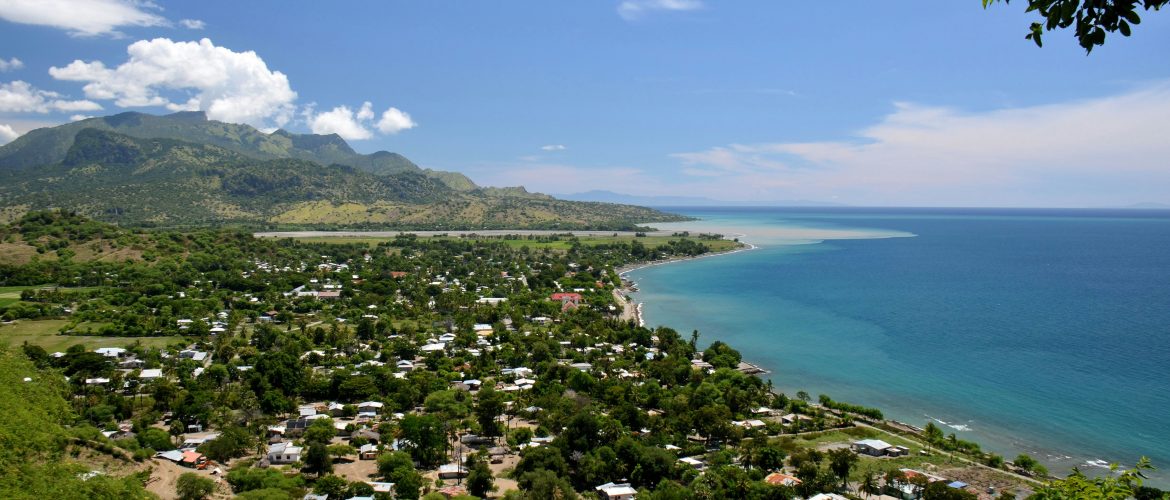East Timor is home to a diverse range of globally significant ecosystems, including tropical rainforests, mangroves, wetlands, and rich marine life. Its coastal wetlands, both freshwater and brackish, support threatened species of resident and migratory waterbirds as well as endangered marine fauna. In addition, wetlands and mangroves provide essential coastal protection and sustain local livelihoods.
However, habitat degradation from slash and burn agriculture and a growing human population threaten these valuable ecosystems. Preserving East Timor’s biodiversity is vital for key sectors like agriculture and tourism. Addressing biodiversity loss, managing resources sustainably, and reducing human-wildlife conflicts, particularly involving crocodiles, are high priorities for the government.
The “Improving wetlands management for biodiversity and improved human-wildlife coexistence” GEF project seeks to enhance wetland management and increase crocodile awareness to advance biodiversity conservation and human-crocodile coexistence. In partnership with the government, this initiative will strengthen the management of five wetland sites, build government capacity for handling human-crocodile conflicts, implement a national biodiversity, and crocodile awareness campaign, and create sustainable livelihoods to reduce poverty and prevent habitat encroachment. The project aims to oversee five key wetlands, manage 13,475 hectares, raise conservation awareness, and ultimately benefit over 36,000 people directly and indirectly.
SETIN was contracted to draft the Project Preparation Grant (PPG) Package of the “Improving wetlands management for biodiversity and improved human-wildlife coexistence” GEF-8 Project, with Conservation International (CI) as the GEF Agency. The kick-off meeting was held last Tuesday, May 7th.


